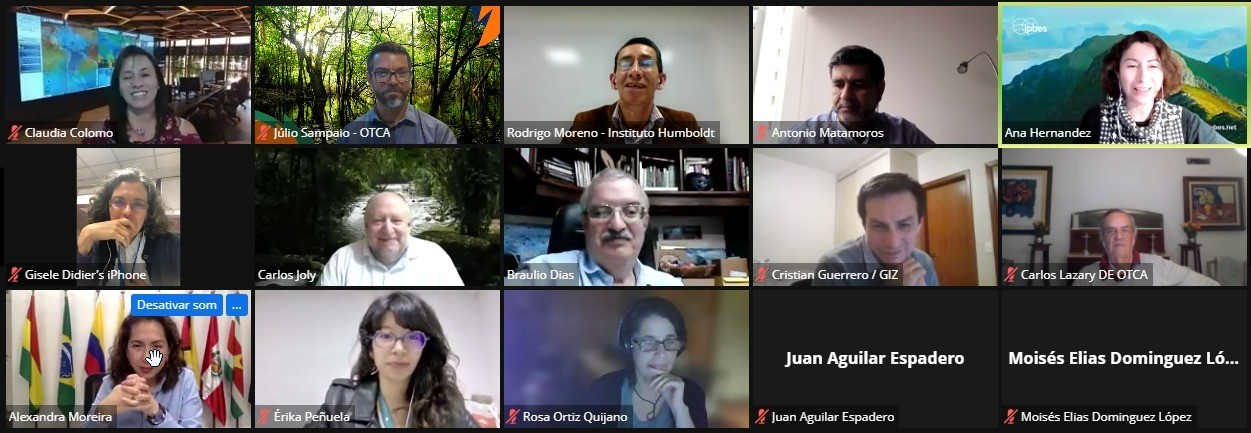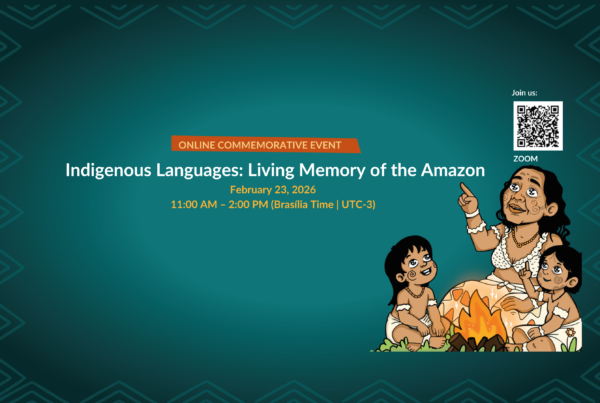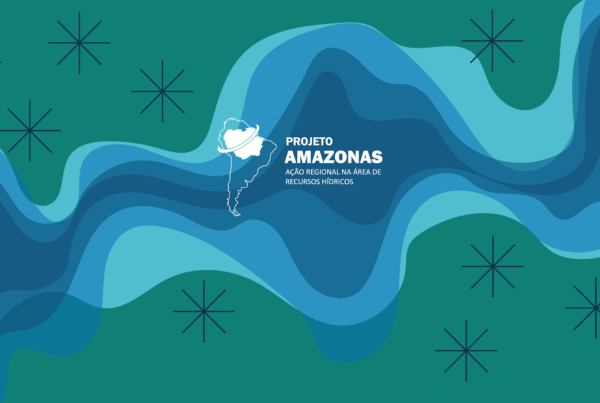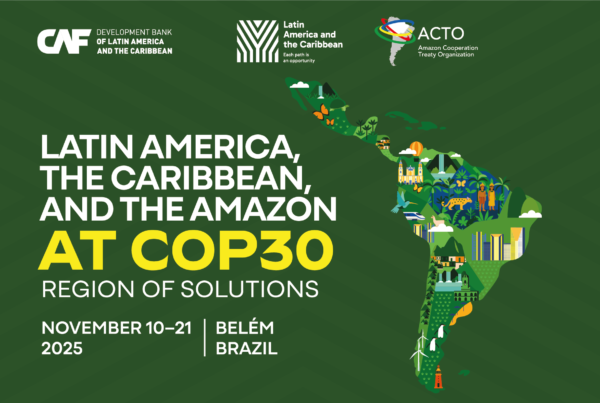Last Friday (4), ACTO, under the Biomaz project, held an online seminar, with the participation of the private and business sector, in order to discuss the inputs of the Evaluation of Biological Diversity and Ecosystem Services in the Amazon Region.
The Webinar aimed to present evaluation inputs to the private sector in furtherance of showing opportunities and giving directions to decision makers to contribute to sustainable management, as well as receiving exchanges and knowledge from organizations in the productive sector.
Ambassador Carlos Lazary, Executive Director of ACTO, was responsible for the opening of the event: “ACTO is interested in increasing its socialization with key actors in the Amazon territory, in this case, with the productive sectors, which make direct use of biodiversity.”
The meeting considered the capabilities of the productive sector and the possibility of working together with the contributions of the evaluation, as well as presentations by companies about their work in the Region.
From the Humboldt Institute, Deputy Director of Investigations Gisele Didier also participated in the opening: “It is a pleasure to be part of this process and to work with ACTO, GIZ and all the actors who were present in this process. We hope to have a fruitful afternoon and a better future for this important region shared by all.”
Some organizations in the productive sector also participated. Augusto Correa, of Partners for the Amazon (PPA) commented that the private sector is not able to guarantee all social and environmental transformation alone and reinforced the importance of collaborative work.
Another important participation was that of Natura. Raoni Silva commented on the importance of promoting sustainable development and the potential for innovation in the Amazon Region, still valuing traditional and cultural knowledge of the Region.
From Bolivia, the company focused on Brazilian nuts, Tahuamanu, was also present at the event. Surprising data were presented to understand the size of the business in the Region. There are 30.000 families participating in the chestnut harvest and in Bolivia alone, 28 tons of the product are exported per year.
Two great Brazilian researchers were also involved: Braulio Dias and Carlos Joly. Carlos spoke about conservation and the private sector: “We need to understand the dependencies that the private sector has on Biodiversity in many of its activities, I believe, therefore, that we are at a favorable time, and we should look to the future with hope, but this will depend a lot on how much funding countries can provide and how much the private sector can contribute to biodiversity conservation”.
Similarly, Braulio also brought his contributions: “The productive systems of the Amazon need a better organization through cooperatives and associations, in addition, we should note the need for training for the entrepreneurial spirit, people from the Amazon Region itself and especially young people can receive training so that they are new entrepreneurs, we have potential and I believe that the area deserves more attention”.
The closure of the event was held by the Secretary-General of ACTO, Alexandra Moreira: “The private sector is contributing and has an important effort the products of this sector. They are important because of the socioeconomic impact they generate within our Amazon Region. It is very important to listen to these contributions.”
If you want to see all the content of the Webinar, the recording is available on the YouTube page of the Humboldt Institute. To access, please click here.



